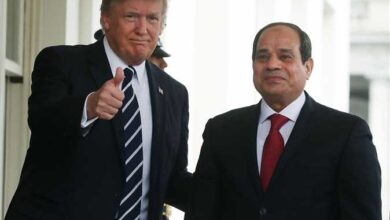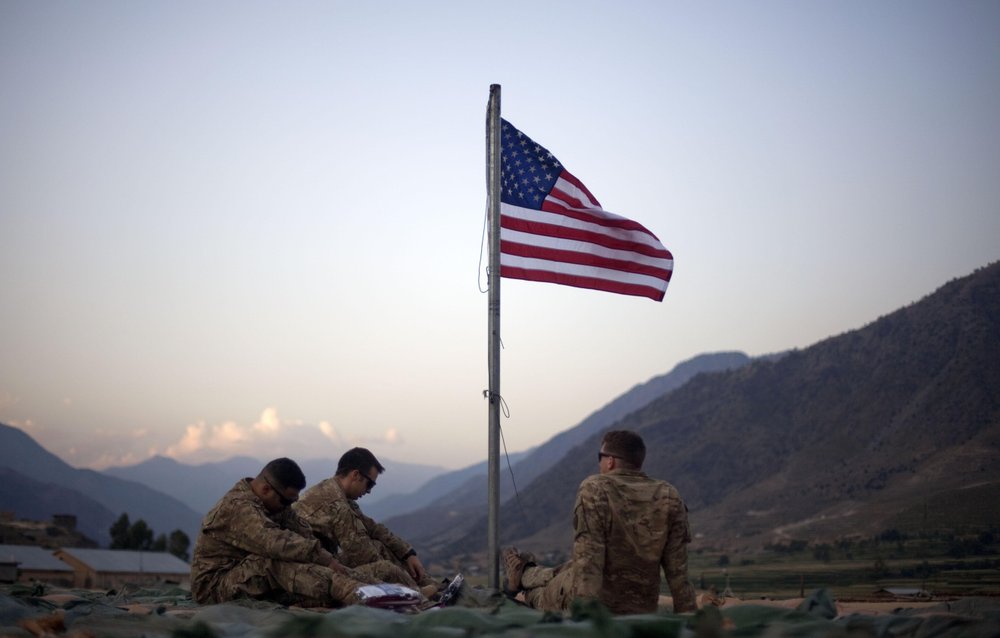
WASHINGTON – Egypt's leaders must pull their country "back from the brink," U.S. Secretary of State John Kerry said on Saturday, saying Egypt was at a pivotal moment after the killing of dozens of protesters.
Egyptian security forces shot dead dozens of supporters of ousted Islamist President Mohamed Morsy, witnesses said, days after the army chief called for a popular mandate to wipe out "violence and terrorism."
Kerry spoke to two members of Egypt's interim government – Vice President Mohamed ElBaradei and Foreign Minister Nabil Fahmy – to voice his "deep concern about the bloodshed and violence" while U.S. Defense Secretary Chuck Hagel called army chief General Abdel Fattah al-Sisi to urge restraint.
"This is a pivotal moment for Egypt," Kerry said in a written statement. "The United States … calls on all of Egypt's leaders across the political spectrum to act immediately to help their country take a step back from the brink."
He also said it was essential that the security forces respect Egyptians' right to protest peacefully, and that this "a moral and legal obligation." He repeated the U.S. call for an inclusive political process involving all elements of society to restore the country to a free and fairly elected government.
The military toppled Morsy on 3 July, plunging the Arab world's most populous nation into further upheaval two and a half years after long-time autocrat and U.S. ally Hosni Mubarak was himself ousted in a popular revolution.
HAGEL'S HALF-HOUR CALL TO SISI
In the latest of a series of calls in recent weeks, Hagel urged Sisi, who led the military in toppling Morsy and handing power to an interim administration, to forestall further violence.
"Secretary Hagel spoke by phone with Egyptian Defense Minister al-Sisi to express deep concern about the security situation and recent violence in Egypt, and to encourage that restraint be exercised during this difficult period," Pentagon spokesman George Little said. The call lasted about 30 minutes, he said.
"The United States believes that the current transition needs to be marked by inclusivity, that Egyptian authorities should avoid politicized arrests and detentions, and take steps to prevent further bloodshed and loss of life," Little added.
Hagel has spoken regularly with Sisi in recent weeks as the U.S. military has sought to leverage the ties with the Egyptian armed forces built up over three decades of military aid and training that followed Egypt's peace treaty with Israel.
How much influence the United States has over Egypt remains an open question despite the roughly $1.55 billion in annual aid that it provides, including $1.3 billion to the armed forces, chiefly for military hardware such as tanks and aircraft.
Washington has been criticized both by those who supported the ouster of Morsy, Egypt's first freely elected president, and by his Muslim Brotherhood supporters, who say the United States acquiesced in his overthrow by the military.
The Obama administration has at times sent equivocal signals to Egypt and its military, including in the past week.
On Wednesday, the administration said it would delay the delivery of four F-16 fighters to the Egyptian armed forces.
A day later it sidestepped a decision on cutting off most of the annual $1.55 billion in aid, saying it does not plan to rule on whether a military coup took place, a determination that would have forced it to end most of the aid under U.S. law.




